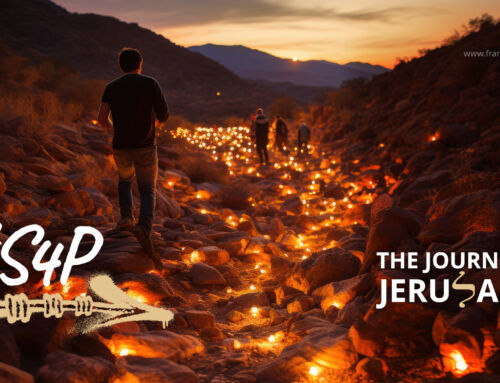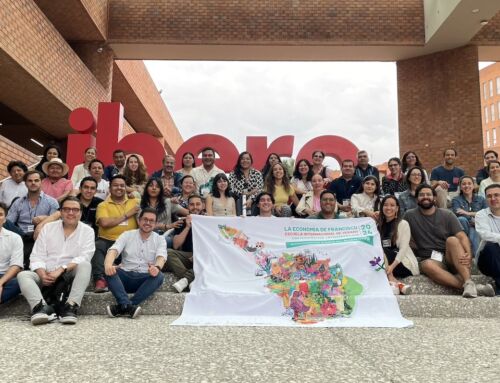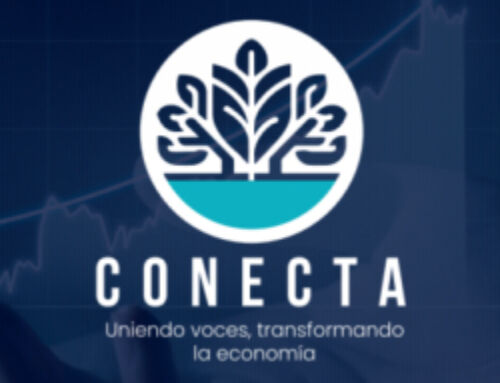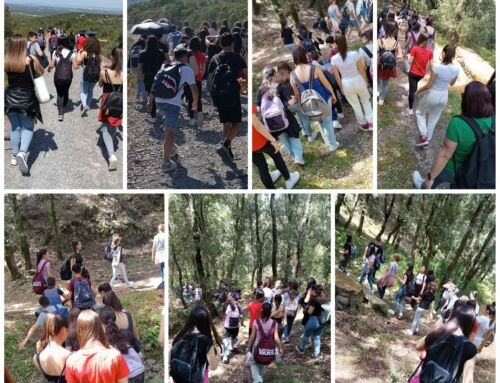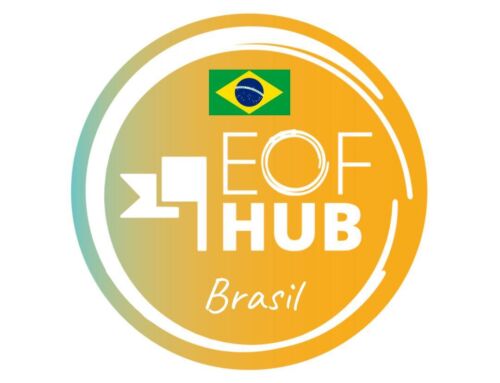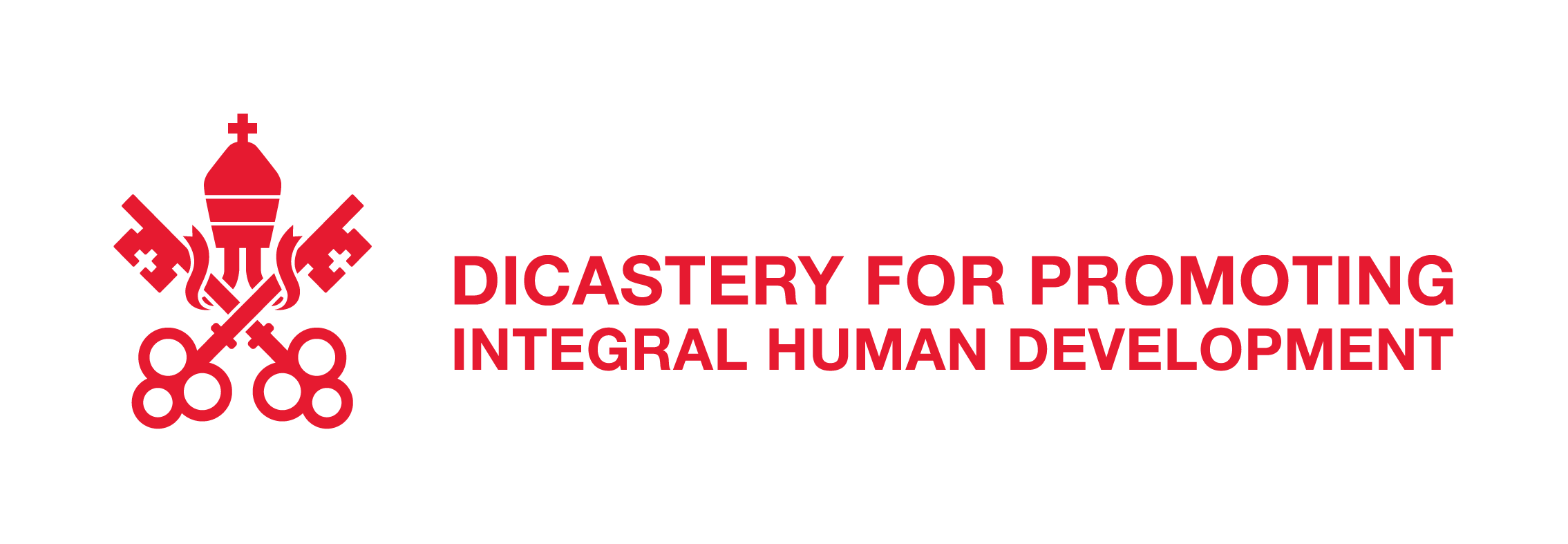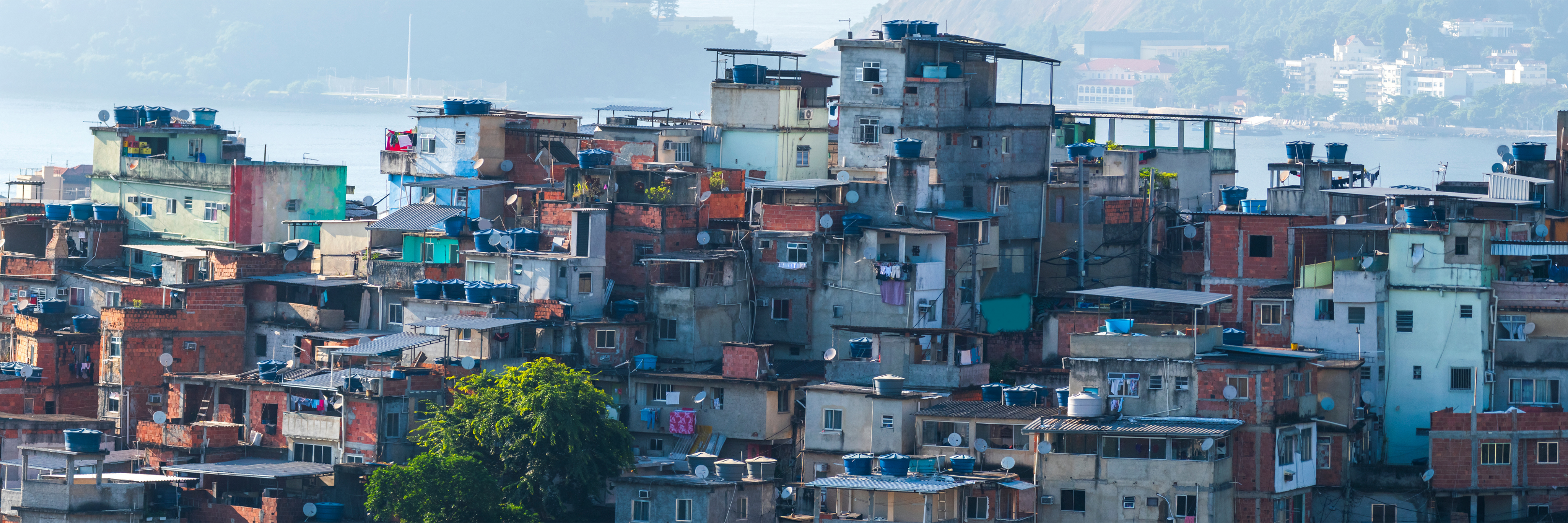
Measured social impact in Latin America
by Paola Del Vecchio, Avvenire.
José Oscar, a Colombian economist, works on econometric models capable of directing investments: from the fight against cocaine production to the production of solar energy in favelas.
«When I first read the pope’s letter for the Economy of Francesco (EoF), I personally felt challenged. He said: you economists are responsible for structural changes to ensure that no one is left behind. So that those who seem condemned to exclusion may be the engine for solving problems and getting out of them, in a world where inequality continues to increase.» José Oscar Henao Monje, a Colombian economist with a master’s degree and doctoral thesis (in progress) in Argentina, came to EoF’s Latin American community as a principal researcher with the International Program on Democracy, Society and New Economies (Pidesone) at the University of Buenos Aires. «With Director Mrs. Cristina Calvo,» he recalls, «We both have been working on strengthening civil society organizations for the past 7 years as a contributor to sustainable development goals and as tools for decision-making. With the analysis, for example, of the social returns of investments, to ensure efficient use of scarce resources, and results that generate greater benefits to families, individuals or communities in vulnerable conditions». Joining the Economy of Francis for José Oscar was «the opportunity to live a dream cultivated since childhood,» which grew out of the concerns of those who «suffered a lot» from inequity. «I took a chance,» he reflects, «and I feel the co-responsibility of helping others. He can do that also thanks to his academic experience at the Pontifical Catholic University of Argentina,- he explains – oriented to the use of econometric methods, tools applied to the labor market, to inequalities, to contribute to drawing public, social, community policies that reduce existing gaps».
Currently, he participates in EoF projects in Colombia and Argentina and is part of the Academic Commission of the Latin American Network, which organized -with major academic institutions, among other things- the first congress on the ethical challenges for a solidarity economy of social development in the region. With Caritas Colombia, the economist promoted the methodological and territorial implementation for the analysis of governance and common resources in the region of Catatumbo, in the north of Colombia on the border with Venezuela. «An area of armed conflict, illicit trafficking and cocaine production. The goal was to activate citizen participation so that they could promote their own community projects, including opening roads to market their agricultural products or improving water sources.» In Brazil, José Oscar is involved with two research groups. «One involves two researchers in Sao Paulo, working to bring solar energy technology to favelas where power, administered by the private sector and inaccessible due to high costs, is often stolen with illegal connections and adverse effects, often fatal.» In the formulation process, he explains, «a second group from the EoF’s Energy and Poverty Village is participating, with Argentine economist Cristian Varela, who aims to replicate the experience in the Amazon area where he is located». As head of the Sustainable Development Observatory of Caritas’ Latin America and Caribbean Secretariat, the economist has also designed «a statistically very sharp methodology to ascertain how national Caritas organizations contribute to the achievement of sustainable development goals». He plans to finalize an interim report in June and a final report in December 2022. «We are using two very powerful data analysis software – mentions José Oscar – One allows to generate dashboards of results to connect them in the network, so that anyone can enter the Caritas web page and consult how, for example, the one in Peru contributes to the Sustainable Development Goals or how the regional ones advance with respect to the goals related to poverty or zero hunger. And we are in dialogue with Caritas International to apply the methodology globally.»
In fact, the young father of a 9-month-old baby confesses that his passion to put his talents in econometrics into practice stems from the hustle and bustle of being able to count things and design tools to measure them. «During the pandemic, I wrote a paper that I would like to publish on a methodology that measures multidimensionally interfaith good practices for sustainable development,» he says. For this, he designed a multidimensional indicator used at the moment «by 23 faith-based associations, including the Ecumenical Regional Center for Counseling and Services Creas in Argentina, the Methodist Church of Bolivia, Caritas of Uruguay, the Focolare movement, Suma Fraternidad in Argentina and the group of Brazil.» And if that is not enough, José Oscar is currently finalizing his doctoral thesis. The topic? The impact of the Farc peace process on multidimensional poverty in Colombia. «My hypothesis,» he explains, «is to be able to explain, to all those who doubt about peace, that one of the main variables for reducing rural poverty is the de-escalation of the conflict.

